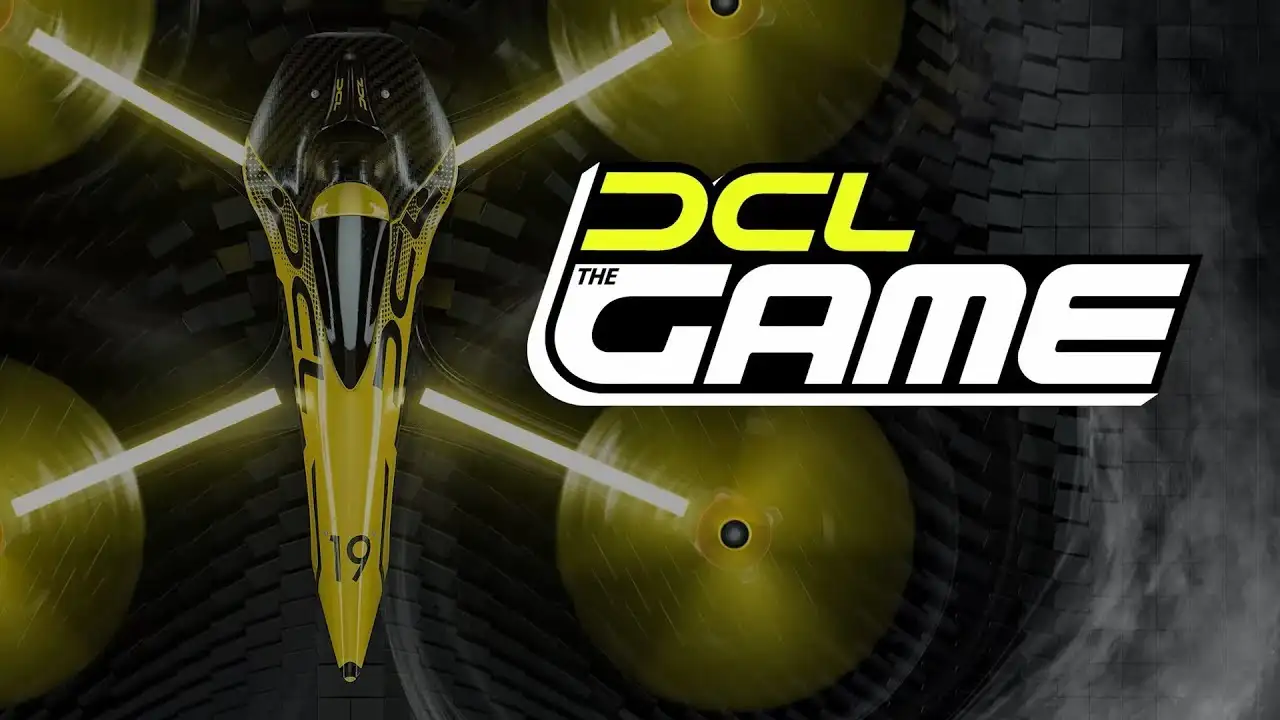A Specialist International SEO Agency
The SEO agency for ambitious brands. Attain higher search rankings, drive more organic traffic to your site, and acquire qualified leads and sales with 100% Ethical SEO® services. We are an international SEO agency delivering consistent results in a constantly evolving global search landscape.
Some of the global websites we've optimised
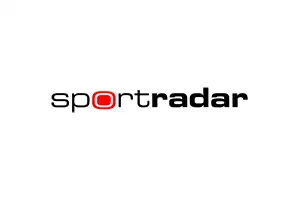
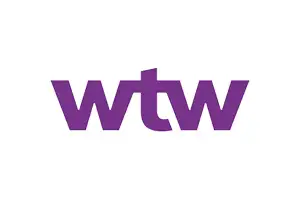
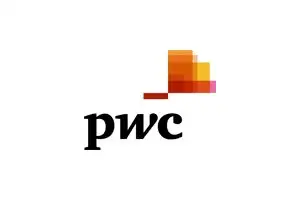
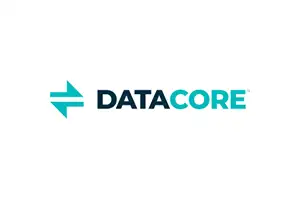
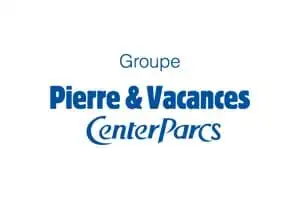
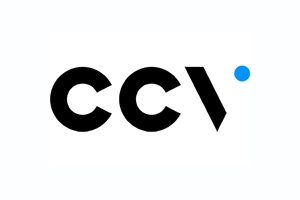

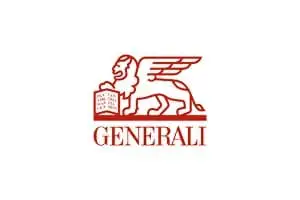
Partner with us for SEO success
As one of the world’s leading international SEO consultancies, we pioneered a holistic, ethical approach to search engine optimisation, adapting and innovating to keep our clients on top of the rankings without spamming. Whether it’s optimising enterprise content at scale for WTW, delivering a powerful organic search management strategy for nPower, or re-branding PwC’s global consulting business online, our services always deliver results.
Tangible benefits from our SEO services
Increased organic search visibility earned from our SEO services drives more clicks and traffic to your site, and greater brand awareness. More qualified traffic combined with greater brand recognition yields more leads that are likely to convert into sales.
Maximise the impact of SEO in your marketing
Consumers and B2B buyers engage with suppliers 2/3 of the time online, and the rest offline. A robust marketing plan should therefore cover online and offline elements. Within the online marketing plan, SEO plays a very important role in the research and discovery phase, where users typically search broader terms that may not be profitable to pay for placement. In the "messy middle" and at the bottom of the funnel, the role of SEO is to place your brand in front of your clients when they're making purchase decisions.
Annual SEO highlights for our clients
72
21
68
0
A complete range of international SEO services
SEO Consulting
Technical multi-country SEO audit and consulting service to identify optimisation issues, and recommendations to improve your organic search ranking.
Digital PR & Link Building
High-quality multilingual link building services. We only use ethical strategies to get relevant, one-way, editorial backlinks (no paid links) through innovative content marketing.
SEO
Training
SEO training, support and strategic consulting services for organisations with an in-house SEO teams. We work as an extension of your team.
Multilingual SEO
International SEO in all major languages. Reach a global audience with our multilingual services, which include link building in all major languages and technical audits.
Technical SEO
Services to help ambitious brands quickly implement SEO recommendations by adding resources to your team. Achieve scale rapidly in international markets with SEO.
Local
SEO
Secure higher organic placement on Google Maps. Drive more footfall to your store or venue and more traffic to your site with local SEO services.
Reputation Management
Maintain a positive brand reputation, protect it from disrepute, and control how your business is portrayed in organic search results.
Multimedia SEO
Video, podcast, image, and news optimisation drive higher visibility of your multimedia content on video search, news search, and on YouTube.
Keeping up with the ever-changing Google algorithms is a demanding profession. We should know – it’s been our specialty for over 20 years. Here are some important factors to keep in mind when creating an SEO strategy for an enterprise website.
On-page SEO
Optimising the elements of a page so search engines can "read" the content and identify the important parts just like a user would increases the likelihood of that page being indexed appropriately. The goal of on-page SEO is to set out clearly defined content hierarchies and link structures for enterprise web pages. Semantic tag structures, mobile friendliness, page speed, and use of schema markup are key to improving on-page SEO.
Content SEO
When ranking a page, search algorithms evaluate the relevance of search queries to the contents of the page as well as its relationship to the rest of the website. The objective of on-page SEO is to ensure search spiders understand the contents of the page and deem it relevant to your target keywords. Header tags, meta data, presence of keywords in the content, content freshness & quality, and user experience are some of the key factors to optimise.
Off-page strategy
Off-page factors have always been a very important consideration for Google. Controlling these metrics is harder, as they are not always within the brand marketer's control. A robust off-page SEO strategy will include building a great brand, investing in PR, collaborating with influencers, building a social media presence, and growing & engaging with your community.
Technical SEO
For large enterprise websites, technical optimisation is often most important. The magnitude of pages that need to be crawled and indexed presents challenges. If the website serves multiple markets with the same or different languages, this needs additional consideration. Ensuring all pages get indexed, and internal navigation and linking is optimal can make a significant impact on organic traffic.
SEO for AI search
AI-first information search is growing in popularity, and our experts are working with the most ambitious and forward-thinking brands to grow their presence on AI-powered search and conversation platforms. Discover our Generative AI Optimisation (GEO) and Conversational AI Optimisation (CAIO) services, designed to improve your brand’s visibility on tools like ChatGPT and Google’s AI Overviews.
Discover GEO / CAIOReady to scale SEO internationally?
Call us on 0800 019 6813 or email us. Find out how our ethical SEO services could drive more traffic to your website, grow sales and improve campaign ROI.
Get more qualified traffic with London’s leading SEO agency
Drive more traffic with SEO
Holistic SEO that won’t get your site banned by the search engines. Our ethics policy explains clearly what we do and how we work.
Get qualified traffic
For over 20 years we have been at the forefront of international SEO – it’s not an add-on to our business, it’s the core of what we do.
Advanced technical SEO
From AI-based keyword targeting to content management, we have invested in a range of tools and technology to increase optimisation effectiveness.
SEO services you can count on
We deliver outstanding, measurable results and believe in keeping costs down. We’re ranked 5 out 5 by real clients in independent reviews (source: Google).
Have questions about our SEO services?
We have answers…
How to identify the best multilingual SEO agency in the UK?
You’ve already identified it – it’s us! 😄
Seriously, though, here are a few factors we recommend considering when picking the right SEO agency for your business:
- Understanding your business
The foundations of good SEO start with a solid keyword strategy. When it comes to identifying the right keywords, your agency needs to understand your business and your customers’ journeys to purchase. - Capabilities
Requirements will vary for B2B, travel, finance and ecommerce businesses. They will also depend on your in-house team’s availability, knowledge, and resources. Whether you need help with content production in multiple languages, digital PR for link building, or optimising content at scale, we recommend identifying your needs beforehand and ensuring your agency has the capabilities and capacity to supply what you need. - Technical expertise
This is an obvious one but hard to qualify. Different organizations approach this in different ways. We recommend starting with a simple question, engaging a few agencies – on a limited paid contract – and then evaluating whose recommendations make the most sense for your business.
What are the costs associated with SEO?
SEO provision must take into account complex sales cycles, the need for specialist or technical knowledge of the products or services the business offers, and greater competition for a limited pool of authoritative and niche link sources. Costs for SEO are therefore often higher than that for B2C.
Agencies offer widely varying prices and pricing models for SEO. However, most will charge for:
- Keyword research and strategy definition
- SEO audit
- Agency retainers or hourly support
- Content creation
- PR and outreach for links
Additionally, some agencies like us also offer SEO training, competitor SEO reviews, and multilingual SEO support. Others may charge extra for tools, reporting and any HTML dev work.
Why is investing in SEO crucial?
Consumers today interact with brands on average 7 times before making a purchase. The typical B2B buying cycle lasts 6 to 12 months and involves multiple stakeholders who reference 7 to 10 sources of information. 74% of buyers conduct their research online and are typically more than half-way through the decision-making process before they get in touch with your sales team.
SEO is the most cost-effective way to reach your potential customers during the research phase of their journey to purchase. It allows you to increase visibility and raise brand awareness early on, build credibility – since there’s higher consumer trust associated with organic search listings – and a combined organic + paid listing has been found to significantly increase lead conversion rates.
Is your SEO service suitable for my company?
AccuraCast’s SEO services can be used by most mid to large organisations and high-growth scale-ups.
Given our specialism in international marketing and multilingual SEO, our services are especially attractive to companies that operate in multiple countries or companies that intend to expand overseas.
What do I need before starting SEO?
Today, businesses often start working on their SEO from day 1. It is advantageous to incorporate SEO into marketing plans and even website (re)design plans as early as possible.
That said, success requires setting business goals and outcomes right at the start, understanding your various customers – including different personnel from various departments involved in the decision process – and their purchase journey, and having a clear vision of the unique selling points that will differentiate your brand from others competing for the same keywords.
Does SEO differ across industry sectors?
From initial research to the moment of purchase, B2B client behaviour is very different from travel and hospitality, or financial services or any other sector, and the needs of SEO for each sector are very different too.
Different buyer personas tend to research different terms online. This means keyword strategies need to consider search patterns for every persona. B2B search volumes tend to be lower, whereas travel and hospitality keywords vary vastly. This means SEO teams need to produce more specific content, and it requires a more in-depth understanding of the products and services.
Content often needs to be aligned to customer needs. B2B buyers need a lot more educational content than B2C. Building links in some sectors can be a lot more challenging, as the number of relevant and authoritative sources may be scarcer.
Which SEO methods do you employ?
At AccuraCast, we firmly believe in 100% Ethical SEO®. This means no spam – on-page or off-page, no black-hat tactics, and no “tricks” that could risk your site getting penalised by Google. It yields better results, longer term, with a lower likelihood of loss of traffic when Google’s algorithms get updated.
How do I prepare for the advance of AI in SEO?
Forward-thinking marketeers should be planning for and adapting strategies to the advancement of AI. There are two main areas to consider:
- AI in organic search: Previously known as SGE (search generative experience), the AI Overviews that appear above organic search results on Google are changing the way users interact with search results. Read our guide to understand how to optimise for AI Overviews.
- AI-powered search: The new breed of search interfaces powered by AI – on conversational tools such as ChatGPT and Perplexity – pose a whole new challenge for SEO. Marketers need to plan for and optimise content for conversational AI, in addition to what’s already being done for traitional SEO. Read about our GEO / CAIO services to learn more.



